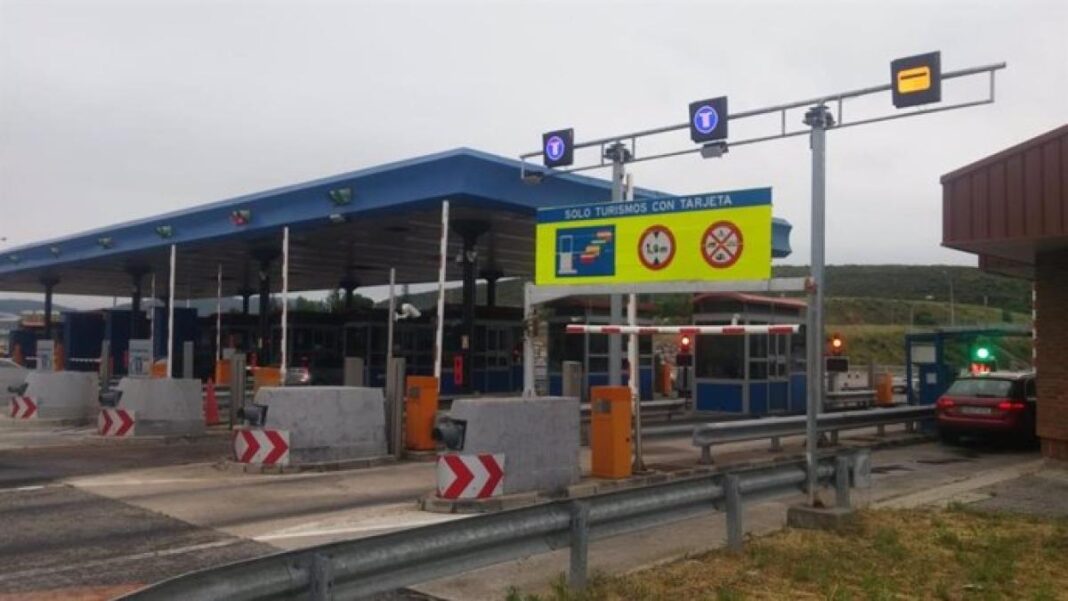BTN News: The Socialist Senator from Segovia, Lirio Martín, has provided a thorough assessment of the political progress in the Senate, emphasizing the government’s steadfast commitment to ending tolls on the Guadarrama Tunnel by November 2029. This decision reflects the broader agenda of the Spanish government to remove tolls from major highways once existing concessions expire. In the specific case of the AP-6, AP-51, and AP-61 motorways, Martín reaffirmed the government’s intent not to renew tolls beyond the designated date, despite judicial rulings that allow for potential extensions.
Martín pointed out that the upcoming date in 2029 is a key milestone that has been established by both her party and the government, marking the end of the tolls on these significant routes. The senator highlighted that the government has already initiated an Information Study titled “Actions on the AP-6, AP-51, and AP-61 motorways and the surrounding network after the concession ends,” which will thoroughly evaluate the necessary measures for these motorways once they are no longer tolled. This study is a clear indication of the government’s proactive approach to managing the transition and ensuring that the infrastructure remains effective and safe for all users.
The senator underlined that the decision to cease toll extensions aligns with the broader strategy of the Spanish government to liberate motorways from tolls after the current concessions expire. This is a policy direction that is not only being applied to the AP-6 and AP-61 but is also being mirrored across other parts of Spain, marking a significant shift in the management of the country’s road network. Lirio Martín made it clear that this stance is now the prevailing criterion for the government, as it moves away from renewing toll contracts, which have historically burdened drivers.
Lirio Martín also took the opportunity to criticize the opposition, specifically targeting the People’s Party (PP), for its role in the history of the AP-6 tolls. She reminded the public that it was the PP who originally imposed the toll on Segovian motorists and that it was under the leadership of former Prime Minister José María Aznar that the toll concession was extended. This extension, according to Martín, was legally questionable and added to the long-standing frustration of the region’s residents.
In response to the ongoing protests in San Rafael, led by the town’s mayor, Javier Figueredo of the PP, Martín argued that the blame for the current traffic issues on the N-VI, which passes through San Rafael, lies squarely with the PP. She pointed out that the PP allowed the Environmental Impact Declaration for the San Rafael bypass project to expire during Mariano Rajoy’s government, which has only exacerbated the traffic problems. Furthermore, Martín criticized Figueredo for not taking any proactive steps to address the issue with relevant authorities, despite now rallying local residents.
Martín also urged Figueredo to act responsibly in his role as mayor, cautioning against encouraging residents to protest by walking along the main road, which could lead to dangerous situations. She stressed that there are legal and constructive ways to seek solutions and called on Figueredo to use these channels instead of fostering unrest.
Lastly, Martín expressed her disappointment with the new Transport Minister of Castilla y León, Sanz Merino, also a Segovian, for reversing the progress made by the previous minister, Suárez Quiñones, who had secured funding to divert heavy traffic away from San Rafael. Martín labeled this move as a significant setback for the region, underscoring the need for continued support and collaboration across all levels of government to solve the traffic issues plaguing San Rafael.
The senator’s statements reflect a broader push by the Spanish government to resolve longstanding transportation issues in the region while simultaneously phasing out tolls that have been a point of contention for decades. The focus remains on ensuring that these transitions are managed effectively, with the safety and convenience of the public as the top priority. As November 2029 approaches, the government’s commitment to ending the tolls remains firm, marking a significant shift in the approach to road management in Spain.


